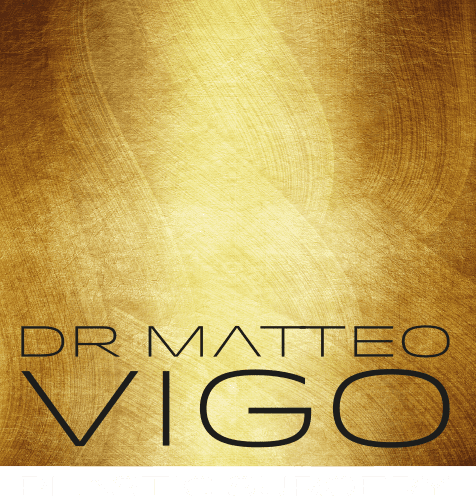What are Fillers Made With?
Fillers in Dubai | 22 July 2019
There are a variety of dermal filler products that cosmetic surgeons use. In general, fillers are categorized by the substance they are made from. A note for your safety: always make sure that you are receiving approved, brand name fillers, which are only available through a licensed physician, such as a qualified cosmetic surgeon.
Hyaluronic Acid (HA)
Hyaluronic acid is a naturally occurring substance that is already found in your skin. It helps keep skin plump and hydrated. HA fillers are typically soft and gel-like. The results are temporary, lasting 6 to 12 months or longer before the body gradually and naturally absorbs the particles. Most HA fillers are infused with lidocaine to help minimize discomfort during and after treatment. FDA approved HA fillers include:
Juvéderm products: Juvéderm XC, VOLUMA, VOLBELLA, VOLLURE
Restylane products: Restylane, Restylane Silk, Restylane Lyft, Restylane Refyne, and Restylane Defyne
Belotero Balance
Calcium Hydroxylapatite (CaHA)
Calcium hydroxylapatite is also a naturally occurring substance, found primarily in our bones. When used in a filler, the calcium particles are nearly microscopic and suspended in a smooth gel. The consistency of a CaHA filler is typically thicker than that of a hyaluronic acid filler and typically last longer as well, about 12 months for most patients. Calcium hydroxylapatite is also reported to help stimulate natural collagen production, and it is typically used for deeper lines and wrinkles. FDA approved CaHA fillers include Radiesse®.
Poly-L-lactic Acid
Poly-L-lactic acid is a biocompatible (meaning it is safe to use in the body), biodegradable synthetic substance. It has been used for many years in medical devices, such as dissolvable stitches. Poly-L-lactic acid products are technically classified as “collagen stimulators,” as their main mechanism to smooth fine lines is by helping your skin rebuild natural collagen—the filler gel itself dissipates a few days after treatment. Poly-L-lactic acid is typically used to treat deeper facial wrinkles, and results can last more than 2 years. FDA approved Poly-L-lactic acid fillers include Sculptra® Aesthetic.
Polymethylmethacrylate (PMMA)
Polymethylmethacrylate (PMMA) is a synthetic, biocompatible substance that has been used in medicine for much of the last century. In dermal fillers, PMMA takes the form of a “microsphere” or tiny ball, that remains beneath the skin indefinitely to provide continued support. PMMA fillers will also contain collagen, a naturally occurring substance in the skin that provides structure and firmness. FDA approved PMMA fillers include Bellafill® (formerly known as Artefill).
Autologous fat injections (facial fat grafting)
Autologous fat injections are the only injectable filler treatment that requires surgery, but results can last for many years. Your own fat is harvested from another area (autologous means “from the same person”), typically using liposuction. The fat is then purified and injected into the face to help restore volume to the cheeks, temples, lower eyelids, or other areas. Fat injections require specialized training to perform safely and achieve great results, and should only be performed by an experienced, board certified cosmetic surgeon.
